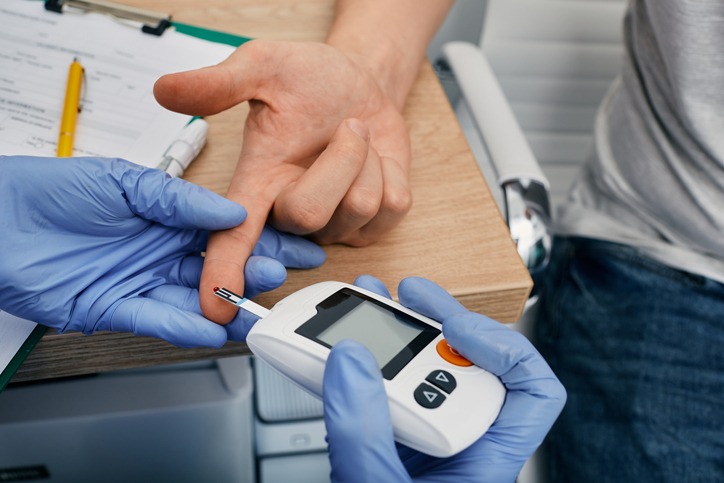
As reported by The Guardian, the UK is experiencing a diabetes crisis, with cases topping 5m for the first time and people under-40s becoming increasingly affected
About 90% of diabetes patients have type 2, a condition much more likely to develop if people are overweight. About two-thirds of adults in the UK are overweight or obese.
A report published by Diabetes UK on Thursday reveals an all-time high for type 2 and type 1 combined of 4.3m officially diagnosed cases and another 850,000 people living with one or other of the conditions but still to be diagnosed.
“These latest figures show we’re in the grip of a rapidly escalating diabetes crisis, with spiralling numbers of people now living with type 2 diabetes and millions at high risk of developing the condition,” said Chris Askew, the chief executive of Diabetes UK.
The stark figures mean millions of Britons are at increased risk of complications including heart attacks, kidney failure, stroke, amputation and blindness.
As a result, the UK faces a public health emergency unless action is taken, Askew said. “Diabetes is serious, and every diagnosis is life-changing. It’s a relentless condition, and the fear of serious complications is a lifelong reality for millions of people across the UK.
“But it doesn’t have to be this way. With the right care and support, cases of type 2 diabetes can be prevented or put into remission. What we need to see is the will, grit and determination from government and local health leaders to halt this crisis in its tracks and improve the future health of our nation for generations to come.”
The report specifically raises concern over the high number of people who are overweight or obese across the UK, and says this is directly “translating” into an increase in cases of type 2 diabetes. The risk of type 2 diabetes is seven times higher in obese people than in those of healthy weight, and three times higher for those who are overweight.
The report also expresses concern about thegrowing number of younger people developing type 2. “Alarmingly, the condition is becoming increasingly common among those under the age of 40,” it says. “While numbers of under-40s with type 2 diabetes remain a small proportion of total cases, it is known to have more severe and acute effects on younger people.”
The number of people under 40 in the UK being diagnosed with type 2 is now rising at a faster pace than among the over-40s. The latter still make up the vast majority of cases, but the number of under 40s with the condition has shot up the 150,000, representing a faster growth rate.
Demand for care for children with type 2 at paediatric diabetes units across England and Wales has also increased by more than 50% in the last five years.
Diabetes UK also said the condition was becoming more prevalent in areas where there were higher levels of deprivation.
It said the risk factors for type 2 were “multiple and complex” and included age, family history and ethnicity, as well as being overweight or obese.
The charity called on the government to make diabetes central to its forthcoming major conditions strategy to prevent cases and to support people at high risk.
Zoe Davies, a spokesperson for the campaign groups Action on Sugar and Action on Salt, said: “These latest findings unfortunately come as no great surprise given the government has turned its back on many of the key polices designed to improve public health, in particular children’s health.
“They have delayed plans for a ban on pre-watershed TV advertising for junk food, for example, in favour of multinational food companies which are making huge profits from selling unhealthy products and do not have a vested interest in the nation’s health.
“Now, more than ever, the UK’s population need equitable access to healthy, affordable food and this can only be achieved with policies designed to re-balance our food system.”



Be the first to comment